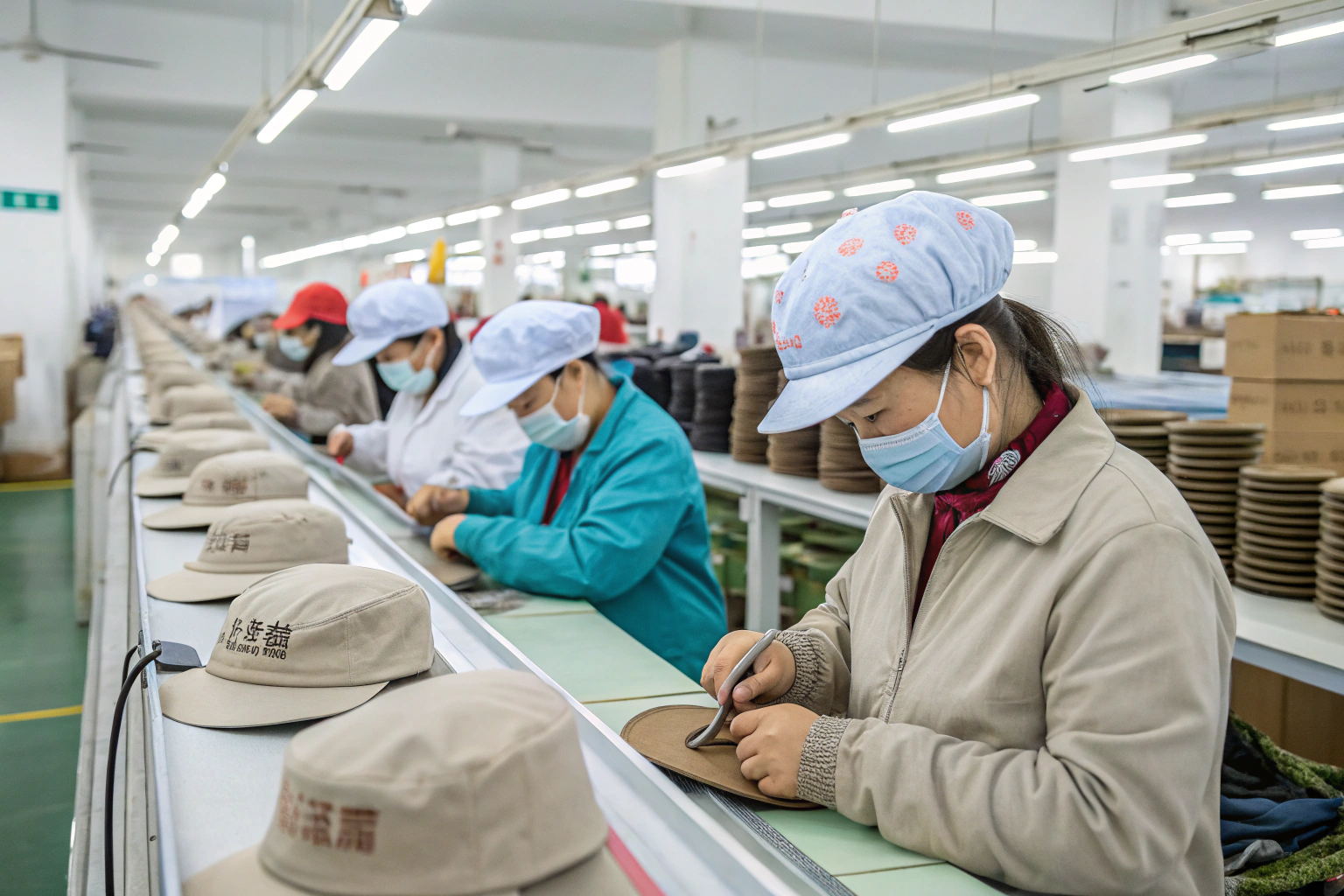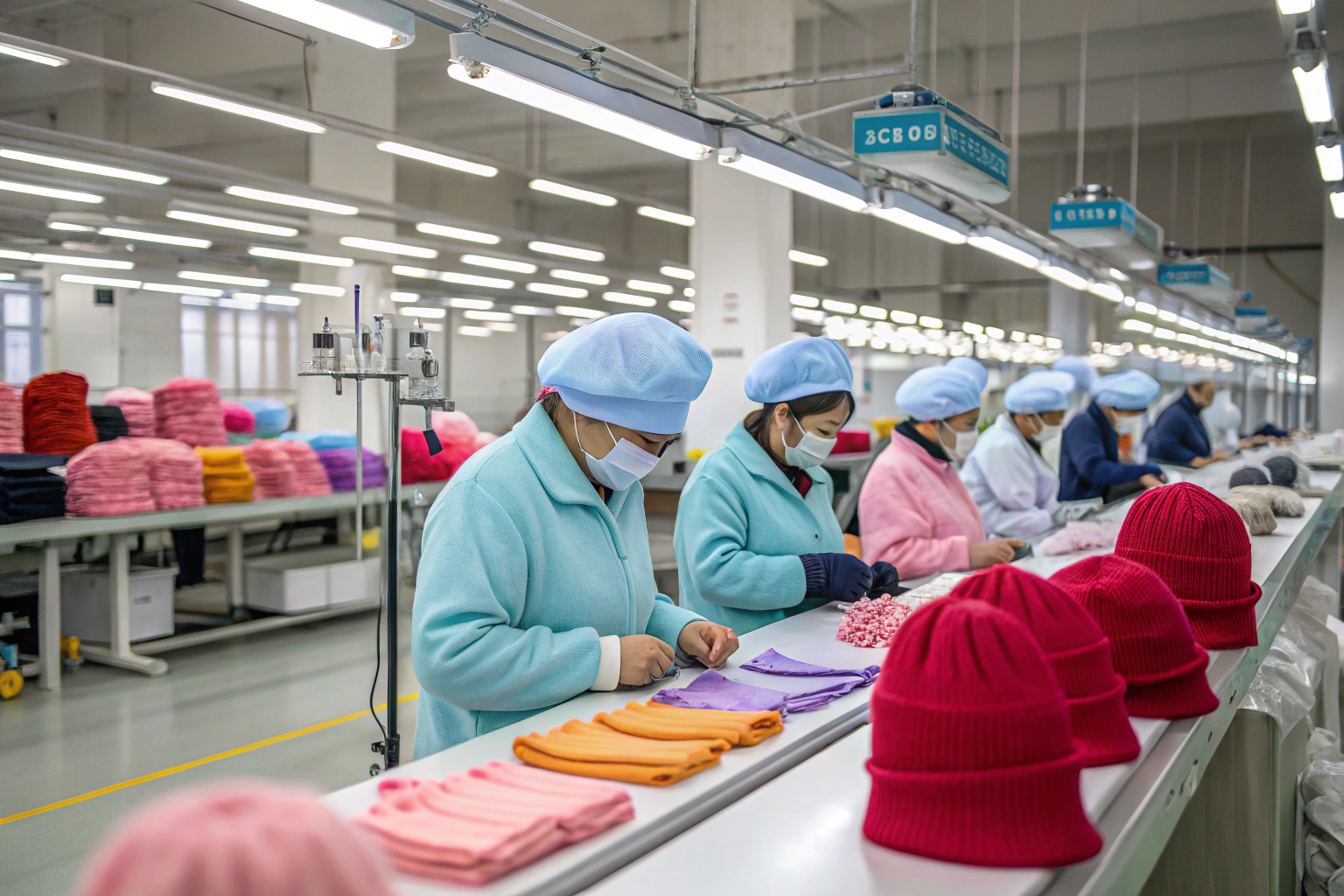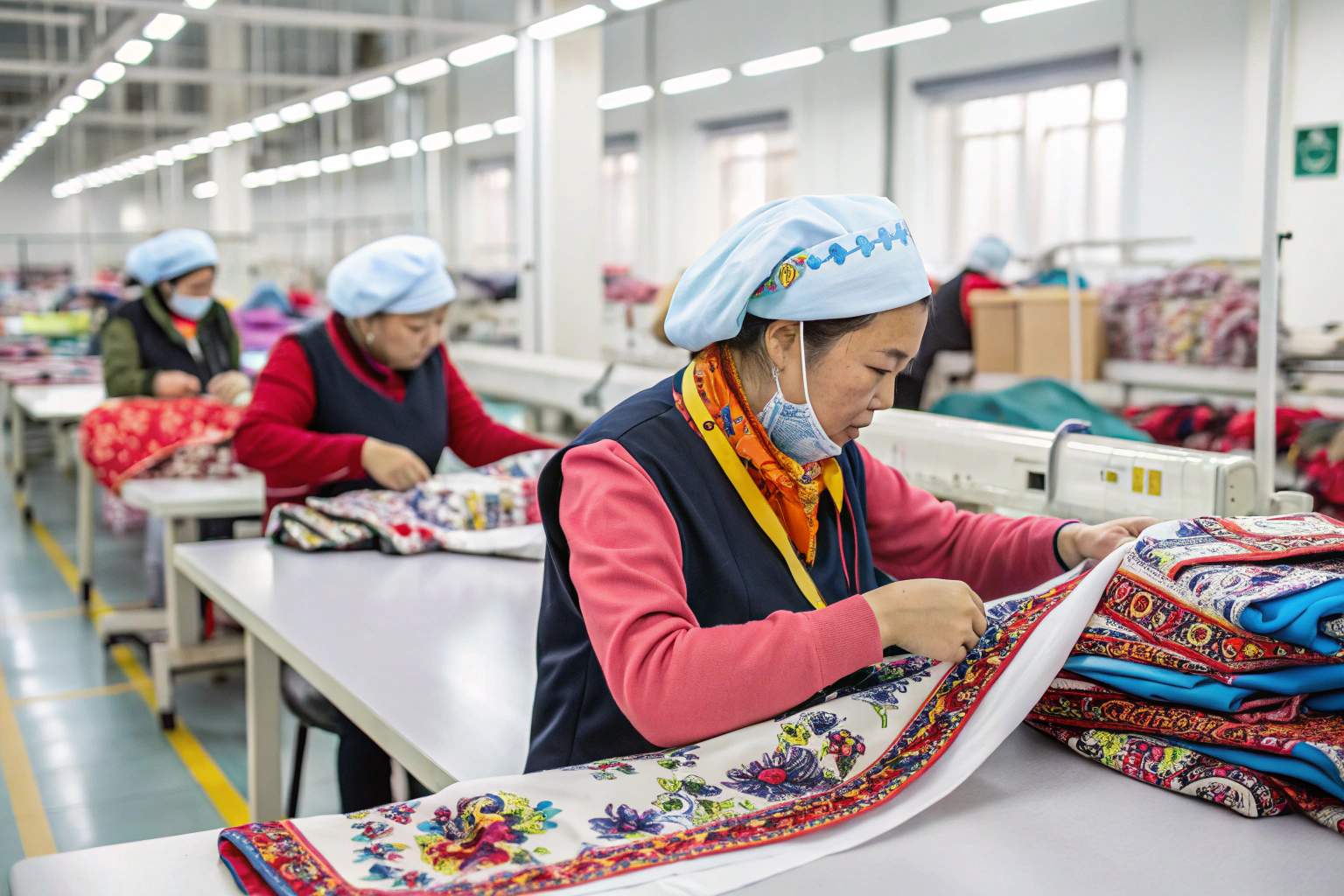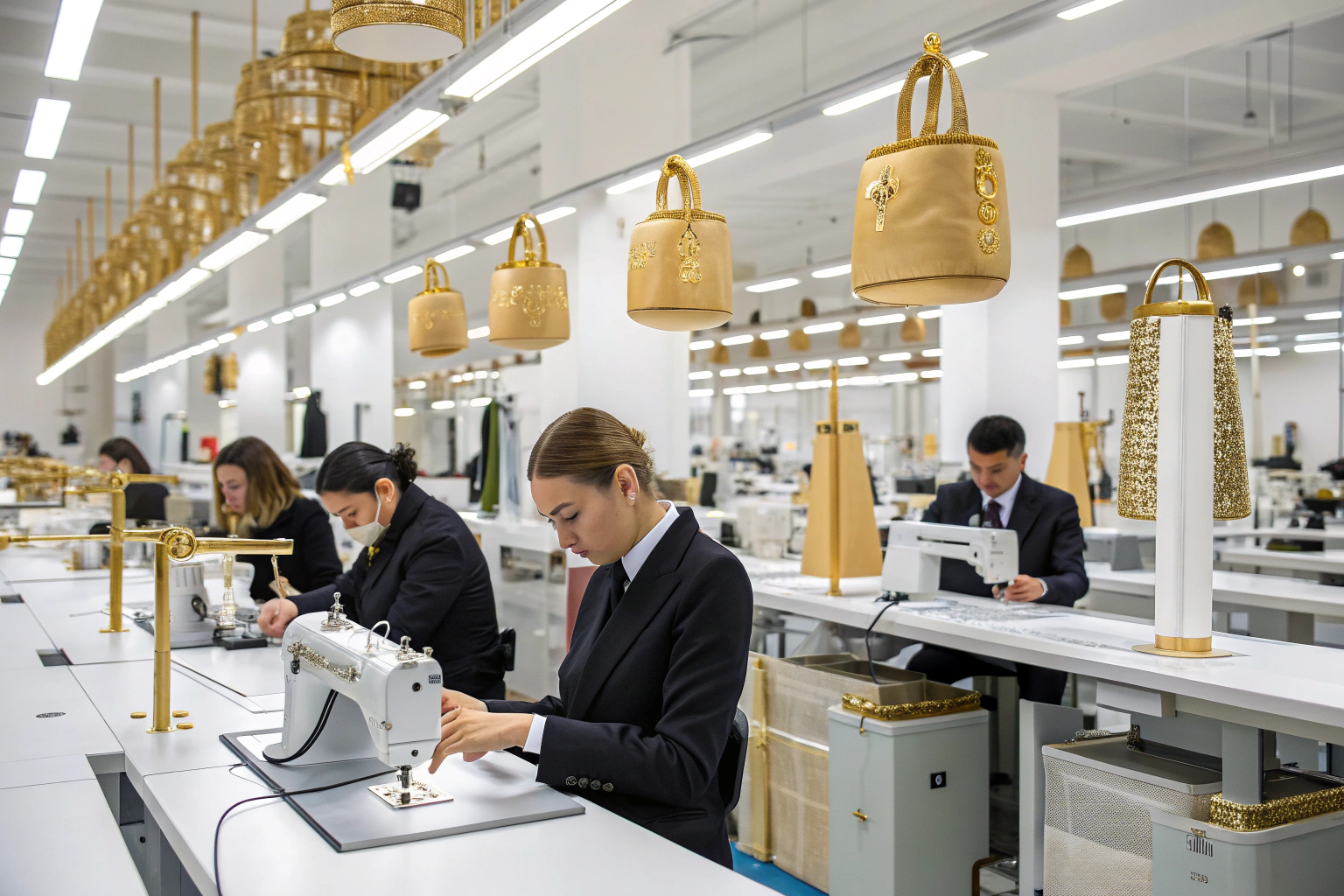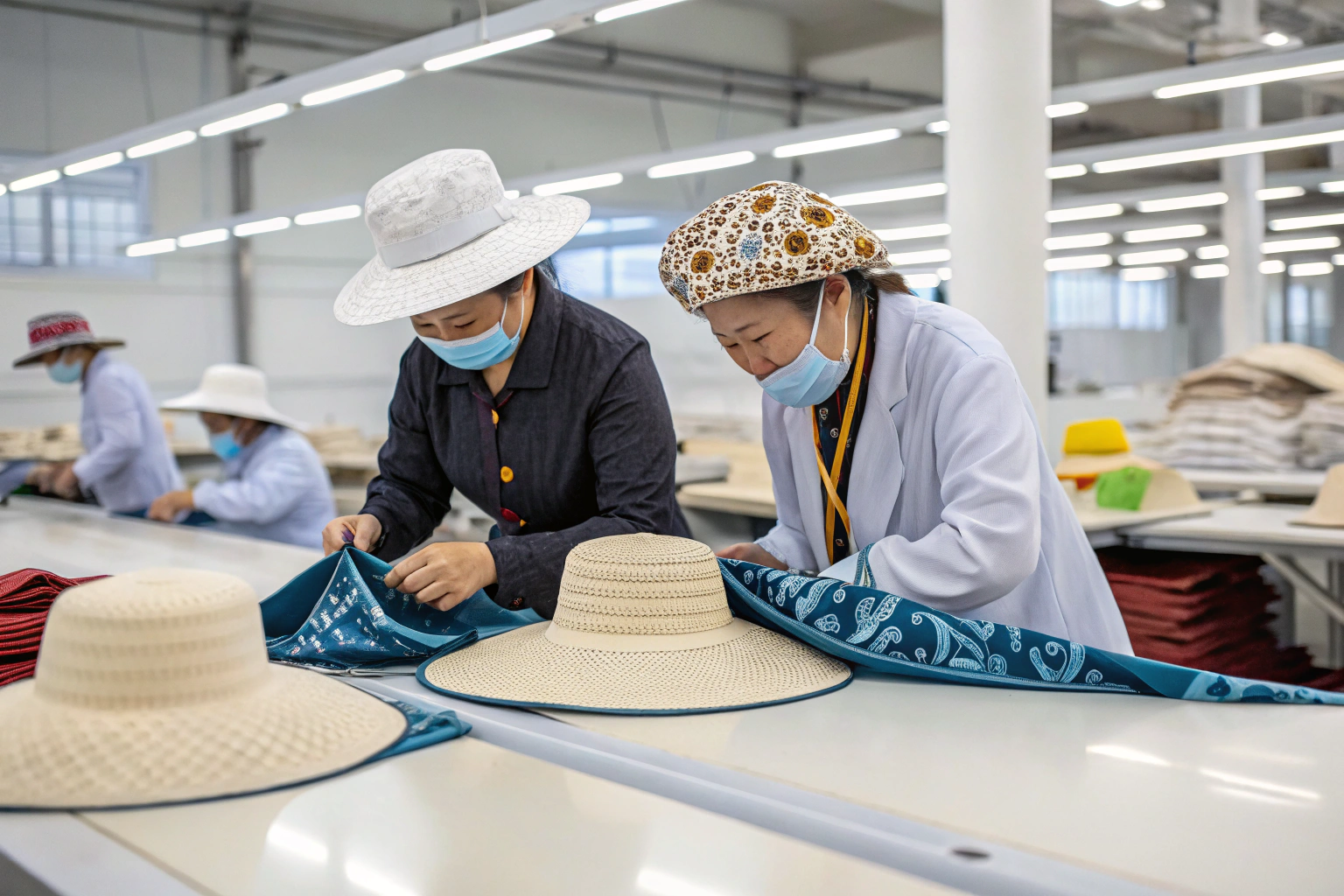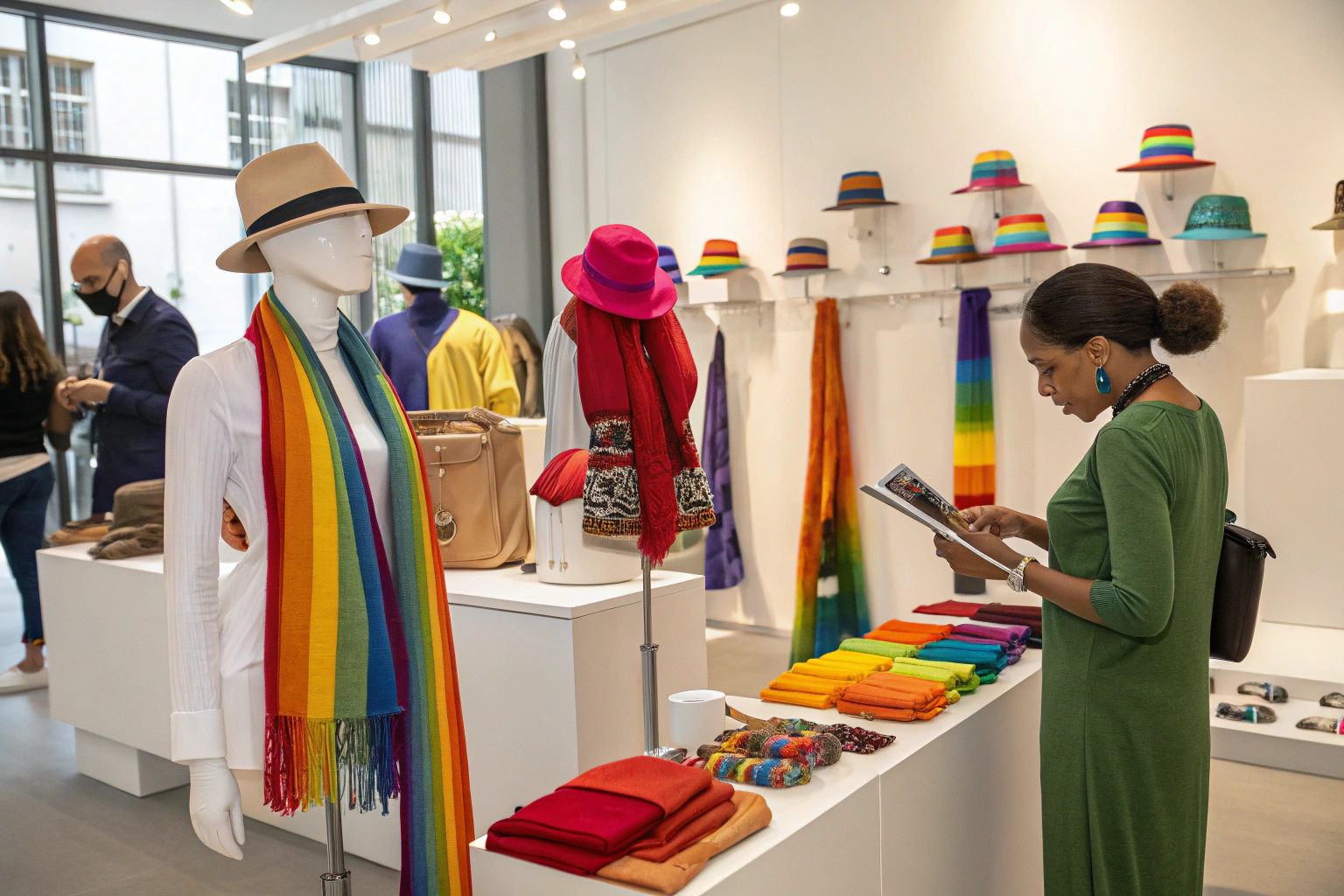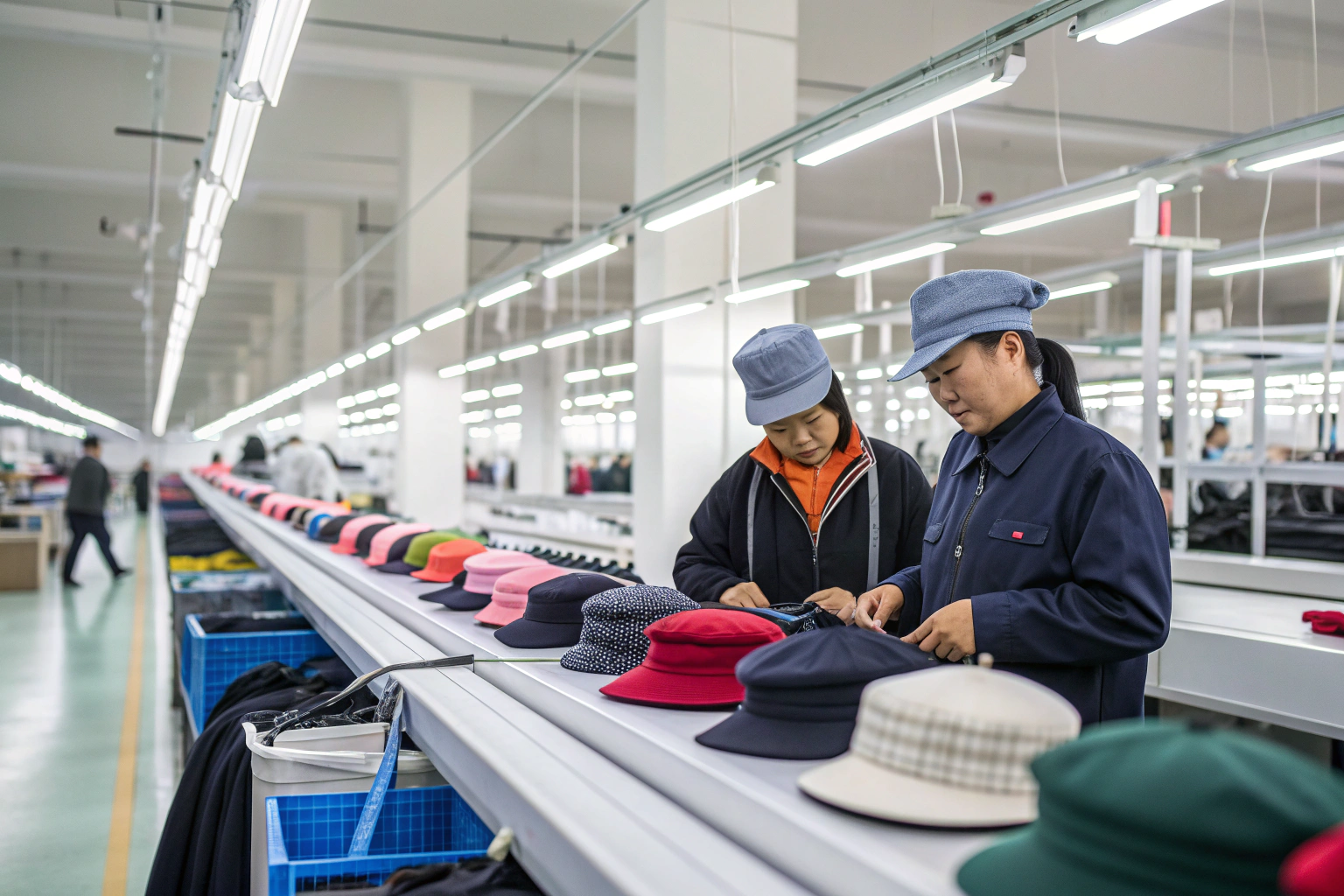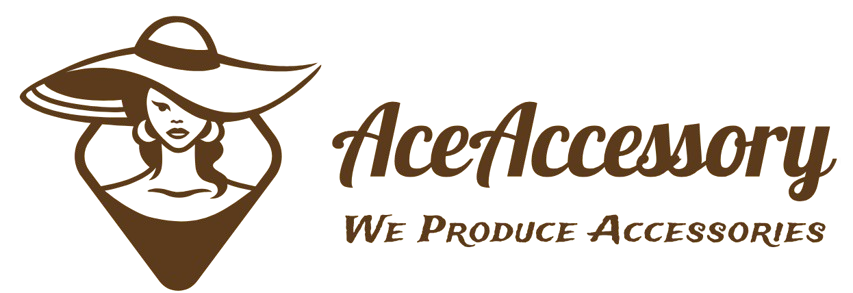Sustainable sourcing isn't just a trend anymore—it's an expectation. From global retailers to small boutique brands, everyone is rethinking how and where they source their accessories. But as you begin your sustainable journey, what should you really be paying attention to?
To source truly sustainable accessories, brands must prioritize material origin, production practices, certification transparency, and long-term supplier relationships. These four factors are the backbone of responsible sourcing today.
If you're an importer in the U.S. or Europe, looking to future-proof your accessory supply chain, read on. We'll walk you through the most important aspects you need to evaluate before choosing a sustainable accessory manufacturer like us—AceAccessory.
What Are the Most Sustainable Materials for Accessories?
Sustainable materials aren't just about going green—they’re about staying relevant. Ron, one of our long-term buyers from California, once told me, “If it’s not recyclable or organic, it won’t move on my shelves anymore.” That reality is now common across many U.S. retailers.
Materials like GOTS-certified organic cotton, recycled PET, cork leather, bamboo, and biodegradable polymers lead the sustainability movement in accessories. These materials not only reduce environmental impact but also offer excellent durability, texture, and consumer appeal.
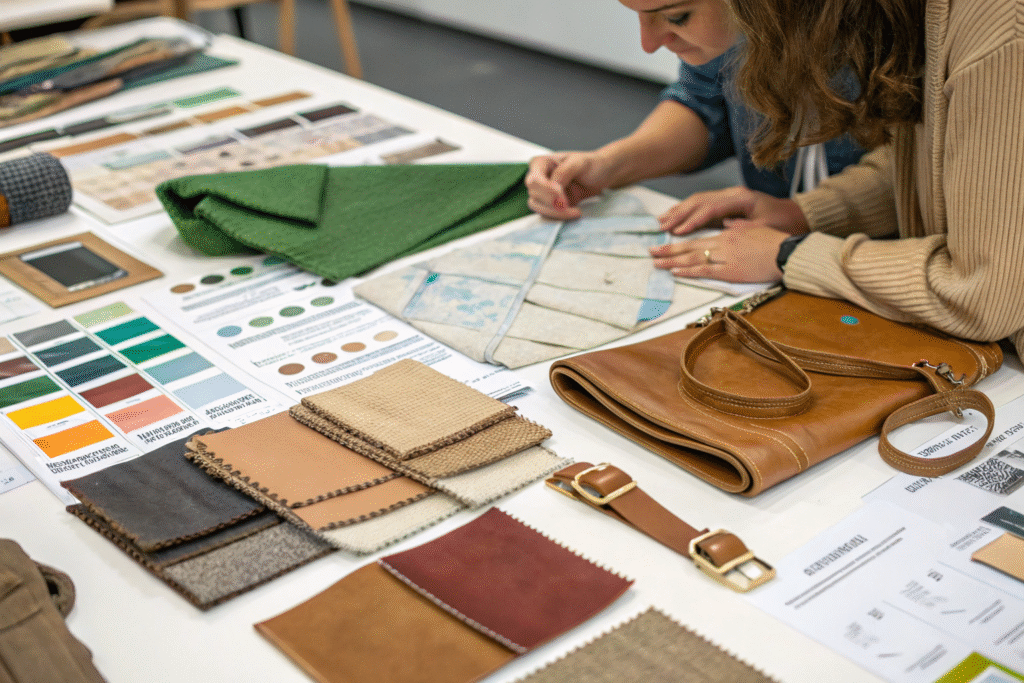
Why Are Recycled and Organic Fabrics in High Demand?
From organic cotton hairbands to RPET scarves, we’re seeing increased global demand for fabrics with minimal ecological impact. Recycled polyester made from post-consumer bottles is particularly popular, especially in products like gloves and knit hats. These materials offer a compelling balance of sustainability and performance.
Fashion buyers also value transparency. Labels like OEKO-TEX®, GOTS, or GRS on fabric components are now more than just nice-to-have—they’re prerequisites. Even online shoppers want assurance that their eco-choice is traceable.
What Is the Role of Biodegradable and Vegan Materials?
Vegan leathers made from pineapple leaves, cactus, or apple peel are trending among accessory designers focused on both ethics and the environment. Biodegradable options like corn starch-based PLA fabric are also being explored for packaging and even temporary accessories like party hats or event giveaways.
We're currently working with a European client integrating cactus leather belts into their winter line. These look just like traditional leather but are completely plant-based and require much less water and chemicals in production.
How Do Certifications Impact Sustainable Sourcing?
Certifications are often the quickest way for buyers to validate a supplier’s sustainability claims. But not all certifications carry the same weight.
Certifications like BSCI, GOTS, GRS, OEKO-TEX, and FSC indicate responsible sourcing, fair labor, and safe chemicals—factors critical to U.S. and European importers. These are now standard checklist items in most RFQs.
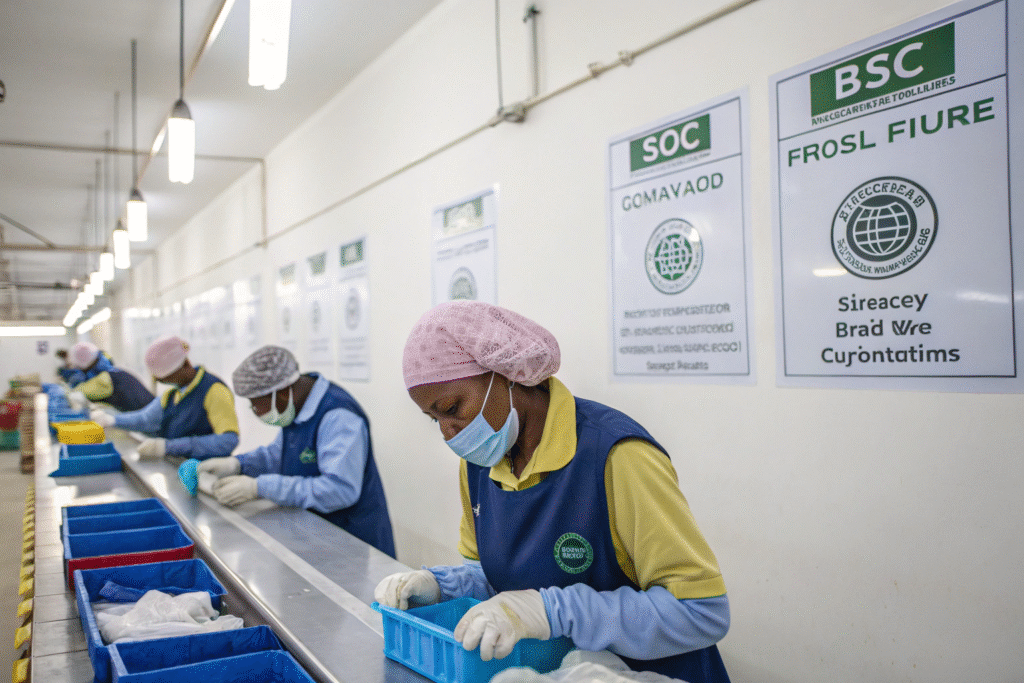
Which Certifications Should U.S. and EU Buyers Prioritize?
Buyers from large U.S. retailers such as Target or Macy’s usually require BSCI and OEKO-TEX® Standard 100. For materials, they look for GRS for recycled fabrics or FSC for wooden items like hat brim supports.
Brands focused on environmental impact often demand GOTS-certified organic cotton, especially for fabric-based accessories like headbands and shawls. These certifications are critical for marketing and for passing customs inspections.
How to Avoid Fake or Irrelevant Certificates?
One of our first-time clients, Ron, was nearly duped by a supplier who claimed GOTS compliance but couldn’t present a valid traceable certificate. To help buyers avoid this, we always provide verifiable links, recent audit dates, and certificate numbers you can cross-reference through platforms like SEDEx.
Always ensure the certificate is issued by an accredited third party and corresponds exactly to the product you're sourcing. Avoid overly general certifications and prioritize production-specific ones.
Can Factories Truly Commit to Eco-Friendly Production?
A truly sustainable supply chain starts with the factory. Material choice is only one side of the coin—how it's processed matters just as much.
Factories committed to sustainable production maintain clean energy use, reduce water and chemical waste, and ensure safe labor practices. These factors dramatically improve the environmental footprint of accessories.
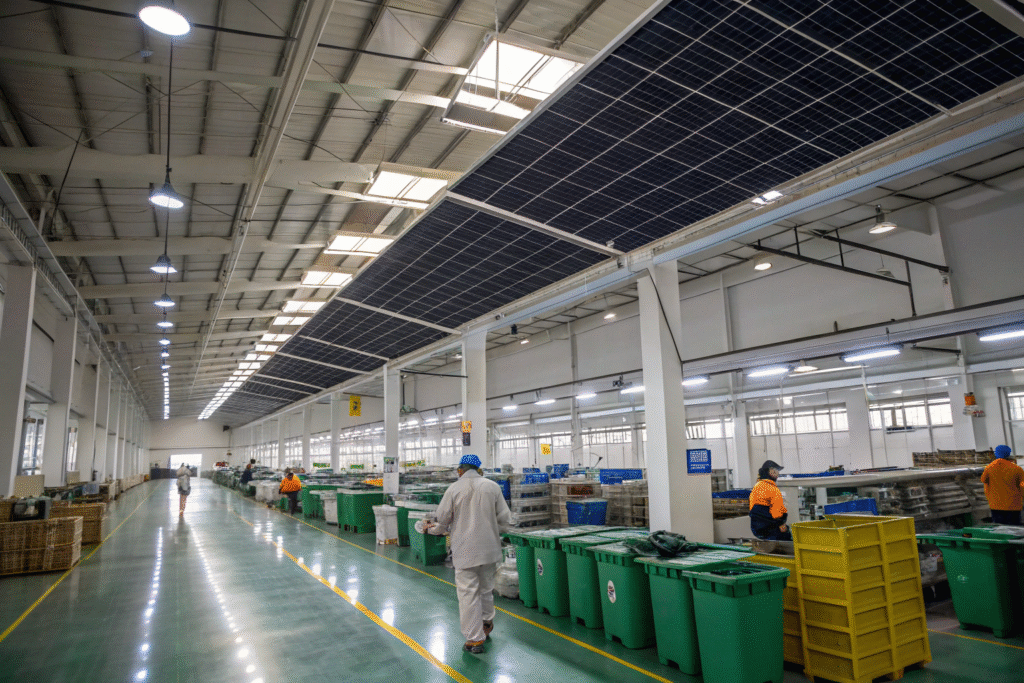
What Factory Conditions Indicate Genuine Sustainability?
Look for signs of conscious investment: solar energy usage, water recycling systems, air filtration, and chemical control. For instance, our Zhejiang factory recently upgraded to a closed-loop dyeing machine, reducing wastewater by 45%.
We also ensure that workers are treated fairly and that all production practices comply with SA8000 standards—something many European buyers ask about before placing orders.
What Are Common Greenwashing Practices to Avoid?
Avoid suppliers who make vague claims like “eco-friendly processes” without quantifiable proof. Always ask for process documentation—like dyeing effluent reports, energy consumption logs, and photos of waste disposal areas.
One client of ours nearly worked with a factory touting “zero waste,” only to discover that all offcuts were sent to general landfill. Don’t fall for buzzwords. Ask for systems like ISO 14001 as a baseline of green management.
Why Do Long-Term Supplier Partnerships Matter?
Price may be king in sourcing, but relationships drive real value. At AceAccessory, we’ve learned that long-term collaboration enables transparency, flexibility, and fast response to trends and issues—all of which are vital in sustainable sourcing.
Strong buyer-supplier relationships ensure consistent product quality, lower risk of miscommunication, and faster eco-innovation adoption.
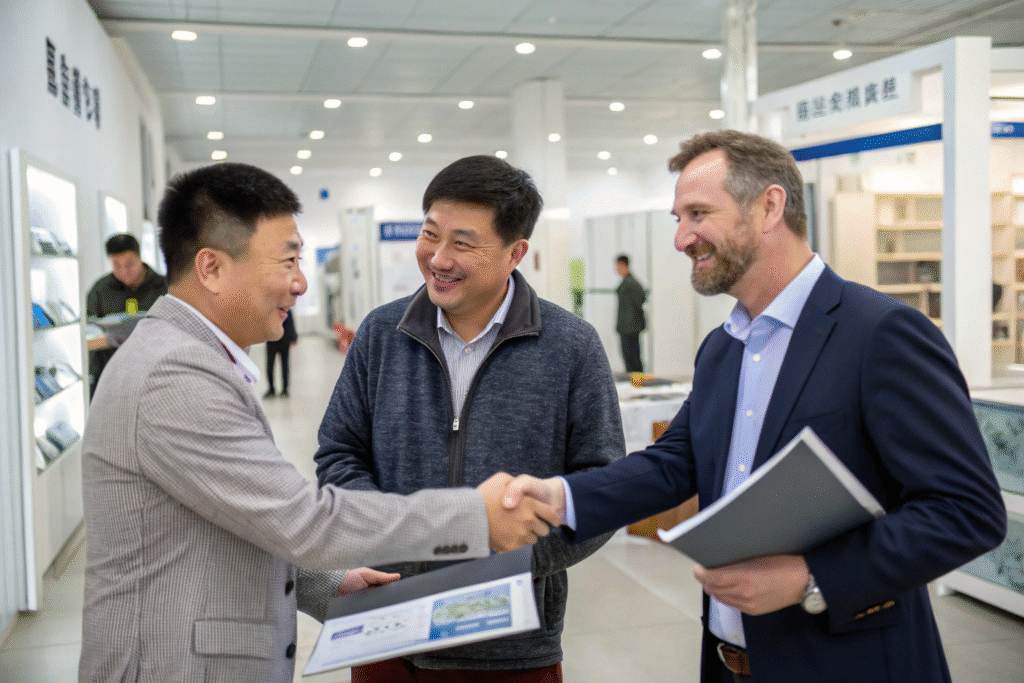
How Does Trust Improve Sourcing Sustainability?
When buyers and suppliers build trust, they share more than price sheets—they share goals. For instance, a U.S. partner of ours wanted to reduce their carbon emissions by 30%. We helped them redesign packaging with recyclable PLA and introduced them to sea freight optimization strategies.
Trust allows us to suggest better, greener materials and plan joint development cycles without last-minute panic. This saves time, money, and emissions.
Why Do Responsive Teams Matter for Eco Success?
Sustainable sourcing isn’t static. It evolves fast. That’s why you need a partner who can respond immediately. At AceAccessory, our project managers use Trello and Slack with clients for real-time updates, new certifications, or sample changes.
Our average sample-to-approval cycle is just 7 days—compared to 15+ in many factories. That responsiveness helps buyers adapt quickly to market shifts, compliance changes, or consumer feedback.
Conclusion
Sourcing sustainable accessories requires more than finding green materials. You need to verify certifications, audit production practices, and invest in lasting partnerships. At AceAccessory, we understand that sustainability isn’t a checkbox—it’s a journey. From vegan leather belts to OEKO-TEX-certified gloves, our mission is to help brands grow responsibly.
If you’re ready to source accessories that meet your eco standards and market demands, contact our Business Director Elaine at elaine@fumaoclothing.com. Let’s build something sustainable together.

